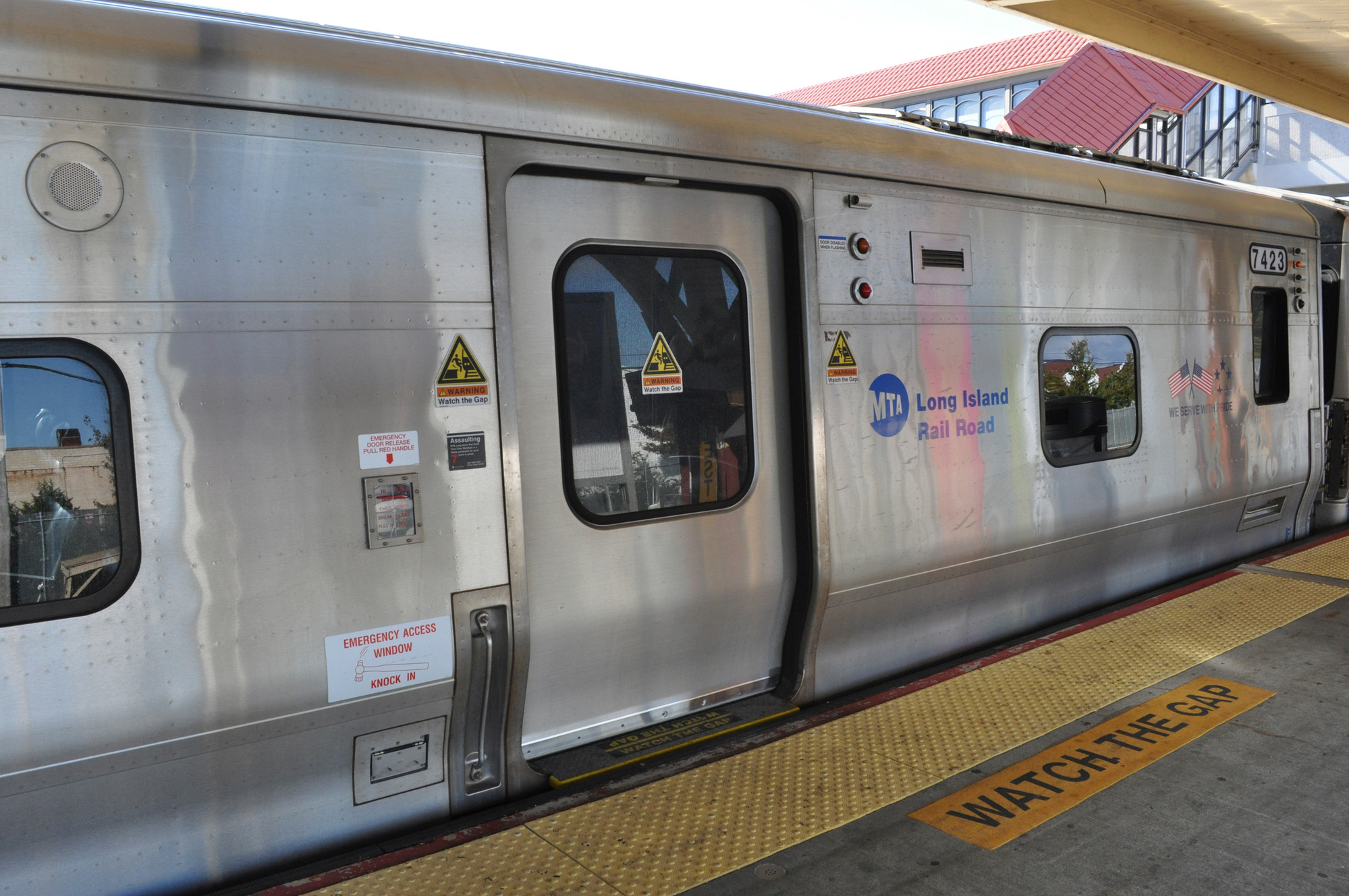L.I. reps urge MTA to rethink LIRR wage freeze
A dozen members of Congress from New York, three from Long Island, have urged the Metropolitan Transportation Authority to reconsider its contractual demands for a three-year wage freeze or concessions to fully pay for a wage increase from Long Island Rail Road union workers, who have voted to strike as early as next month.
U.S. Reps. Peter King, Steve Israel, Carolyn McCarthy, Timothy Bishop, Gregory Meeks, Grace Meng, Hakeem Jeffries, Yvette Clarke, Jerrold Nadler, Michael Grimm, Carolyn Maloney and Joseph Crowley signed a letter sent to MTA Chairman Thomas Prendergast on Wednesday, encouraging the agency to “reconsider its decision to entirely reject the recommendations” submitted by a board of mediators — which was appointed by President Barack Obama last November to settle a contract dispute between MTA officials and its workers — that largely favored LIRR unions.
“The recommendations issued… may not have included everything that either side had hoped,” the letter read, “however, we believe that it could serve as a model for the types of concessions that can be made to move an agreement forward.”
The letter also requested that the MTA call for another Presidential Emergency Board to facilitate an agreement between officials and LIRR union workers, who are preparing a labor strike on March 21.
After a weeklong hearing late last year, the first board ruled that the MTA could afford to give workers annual raises of 2.83 percent over six years without raising fares, but MTA officials rejected these recommendations.
Union laborers have been working without a contract since June 2010, and are refusing the MTA’s demands that they accept a three-year freeze in labor costs. Workers could get raises, but only if they agree to other concessions, such as changes in work rules and raising employee contributions to health care benefits.
If the unions do not agree to this “three net zeros” proposal, the MTA said, it would have to resort to raising fares by as much as 12 percent next year.

 49.0°,
Fair
49.0°,
Fair 




